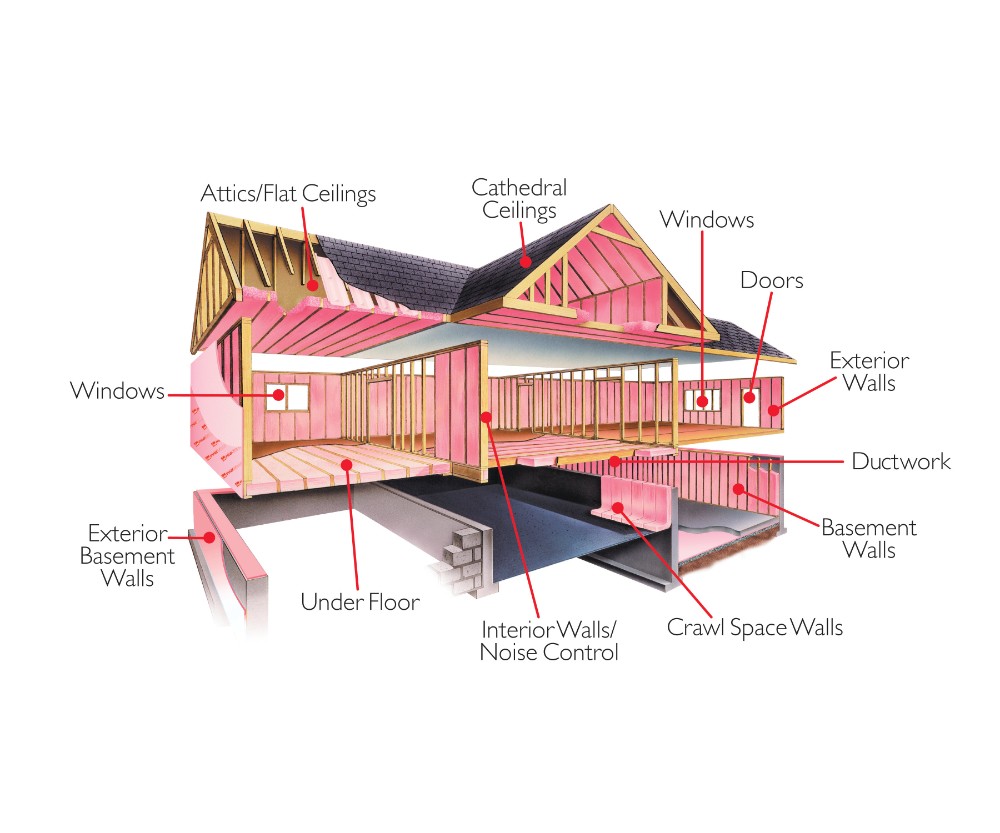Batt and poly insulation is a trusted and cost-effective method for insulating walls, ceilings, and floors in both residential and commercial construction. At New Age Insulation, we provide expert installation of fiberglass batt insulation combined with polyethylene vapor barriers to deliver strong thermal protection and moisture control. This method is ideal for standard framing and new construction projects where precise, clean installation is critical. Serving Calgary, Edmonton, and surrounding areas, we ensure every project meets Alberta Building Code requirements and delivers long-term energy efficiency.
No surprises—our pricing is transparent and agreed upon upfront, so you know exactly what to expect.
From start to finish, we handle every detail with precision and care, ensuring your project runs smoothly.
We respect your time. Our team delivers on schedule without compromising on quality.
Your questions answered

Batt and poly insulation is most commonly used in exterior walls, basements, ceilings, and between floors in residential and commercial buildings. It’s ideal for new construction or renovations where wall cavities are open and accessible, providing effective thermal and acoustic insulation.
The “poly” refers to a polyethylene vapor barrier that’s installed over the insulation. This barrier helps prevent moisture from entering wall assemblies, which is especially important in Alberta’s cold climate where warm indoor air can condense in wall cavities. Properly installed poly improves both energy efficiency and building durability.
Yes, when professionally installed and sealed, batt and poly insulation provides solid thermal performance for Alberta’s varying temperatures. It helps maintain a consistent indoor climate and works well in combination with other insulation types in hybrid systems, especially in multi-zone or multi-level homes.
Fiberglass is the more common and generally less expensive option, made from spun glass fibers. Mineral wool, made from volcanic rock and slag, offers slightly higher R-values per inch, is more fire-resistant, and has better sound-dampening qualities


